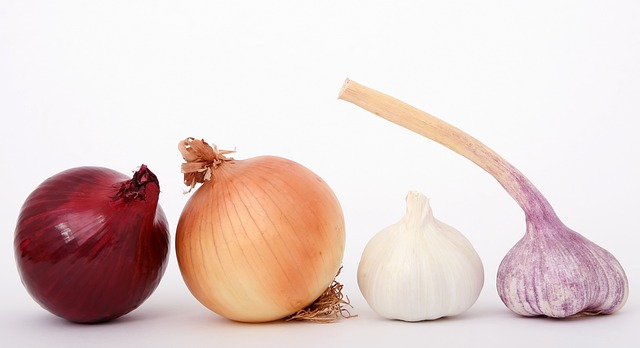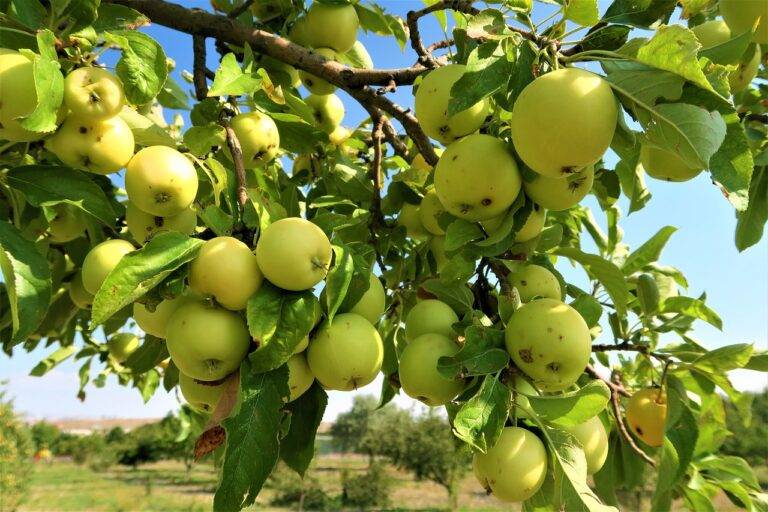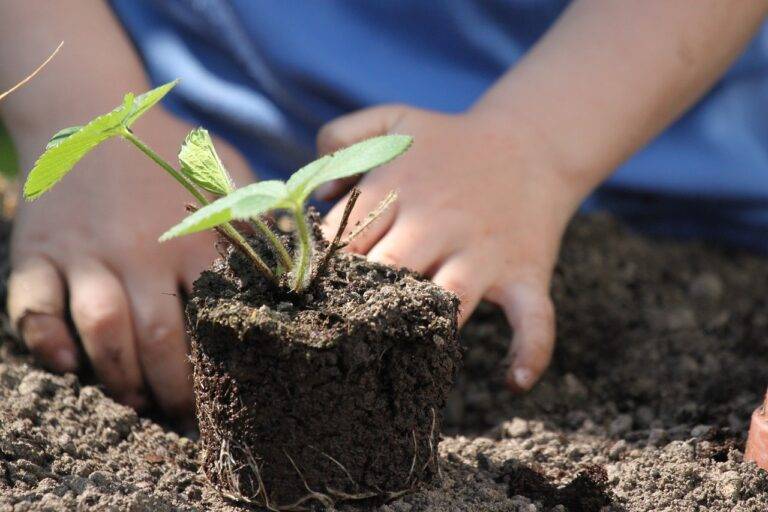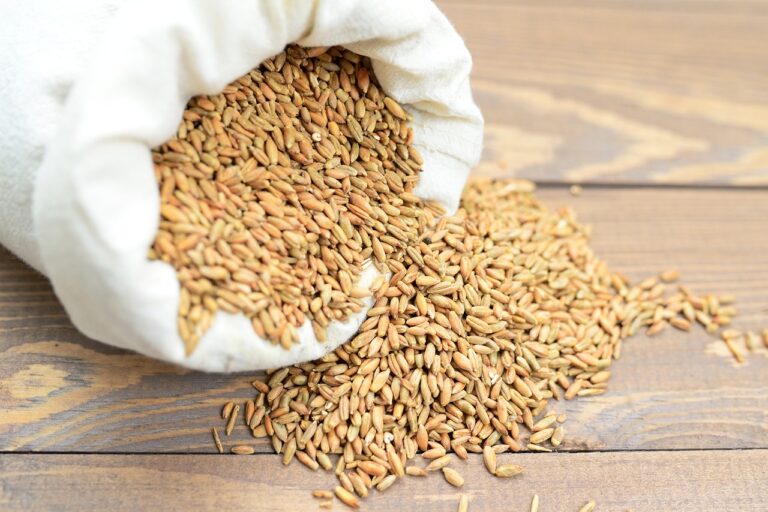The Impact of Food Industry on Land Use: Sustainable Agriculture Practices and Land Conservation Efforts
Ancient civilizations first began practicing agriculture around 10,000 years ago when they transitioned from hunting and gathering to cultivating crops and raising livestock. The fertile lands along the Nile River in Egypt and the Tigris and Euphrates Rivers in Mesopotamia were among the first regions where agriculture flourished, leading to the rise of complex societies and urban centers.
As populations grew and civilizations expanded, land use patterns evolved with the introduction of irrigation systems, crop rotation, and terracing techniques. The Romans further advanced agricultural practices through the construction of aqueducts and the development of efficient farming tools. Throughout history, the cultivation of land has been central to human survival and progress, shaping societies and landscapes around the world.
Challenges Posed by Intensive Farming
Intensive farming, while increasing yields to meet the demands of a growing population, has led to several challenges. One significant issue is soil degradation, as constant cultivation and heavy pesticide use strip the land of essential nutrients and disrupt its natural ecosystem. This degradation not only decreases soil fertility but also increases the likelihood of erosion and landslides, impacting the long-term viability of agricultural practices in these areas.
Additionally, intensive farming practices often rely heavily on chemical inputs such as synthetic fertilizers and pesticides. While these substances can boost productivity in the short term, they pose risks to the environment and human health. Runoff from fields containing these chemicals can contaminate water sources, harming aquatic life and potentially endangering human communities that rely on these water bodies for drinking water. Moreover, the overuse of pesticides can lead to the development of resistant pest populations, creating a cycle of dependence on stronger chemicals that further harm the environment.
Intensive farming leads to soil degradation and disrupts natural ecosystems
Soil fertility decreases, increasing erosion and landslides
Chemical inputs like synthetic fertilizers and pesticides are heavily relied upon in intensive farming
Runoff from fields containing chemicals can contaminate water sources
Overuse of pesticides can lead to resistant pest populations
The Importance of Sustainable Agriculture Practices
Sustainable agriculture practices are crucial for the long-term health of our planet and the well-being of future generations. By prioritizing sustainability, farmers can ensure that their land remains fertile and productive for years to come. This approach involves techniques such as crop rotation, cover cropping, and minimal tillage, which help to maintain soil health and reduce erosion.
Furthermore, sustainable agriculture practices contribute to the preservation of biodiversity and the conservation of natural resources. By avoiding the use of harmful chemicals and promoting integrated pest management, farmers can protect beneficial insects and wildlife while minimizing their environmental impact. In doing so, they not only safeguard the delicate balance of ecosystems but also promote healthier food production systems.
What is the history of agriculture and land use?
Agriculture has been practiced for thousands of years, with early civilizations developing farming techniques to cultivate crops and raise livestock. Over time, land use patterns have evolved to meet the growing demand for food.
What are the challenges posed by intensive farming?
Intensive farming practices can lead to soil degradation, water pollution, loss of biodiversity, and greenhouse gas emissions. These practices can also contribute to climate change and negatively impact the environment.
Why is sustainable agriculture important?
Sustainable agriculture practices help to protect the environment, conserve natural resources, and support the long-term viability of farming. By promoting biodiversity, reducing chemical inputs, and improving soil health, sustainable agriculture can help to ensure food security for future generations.







